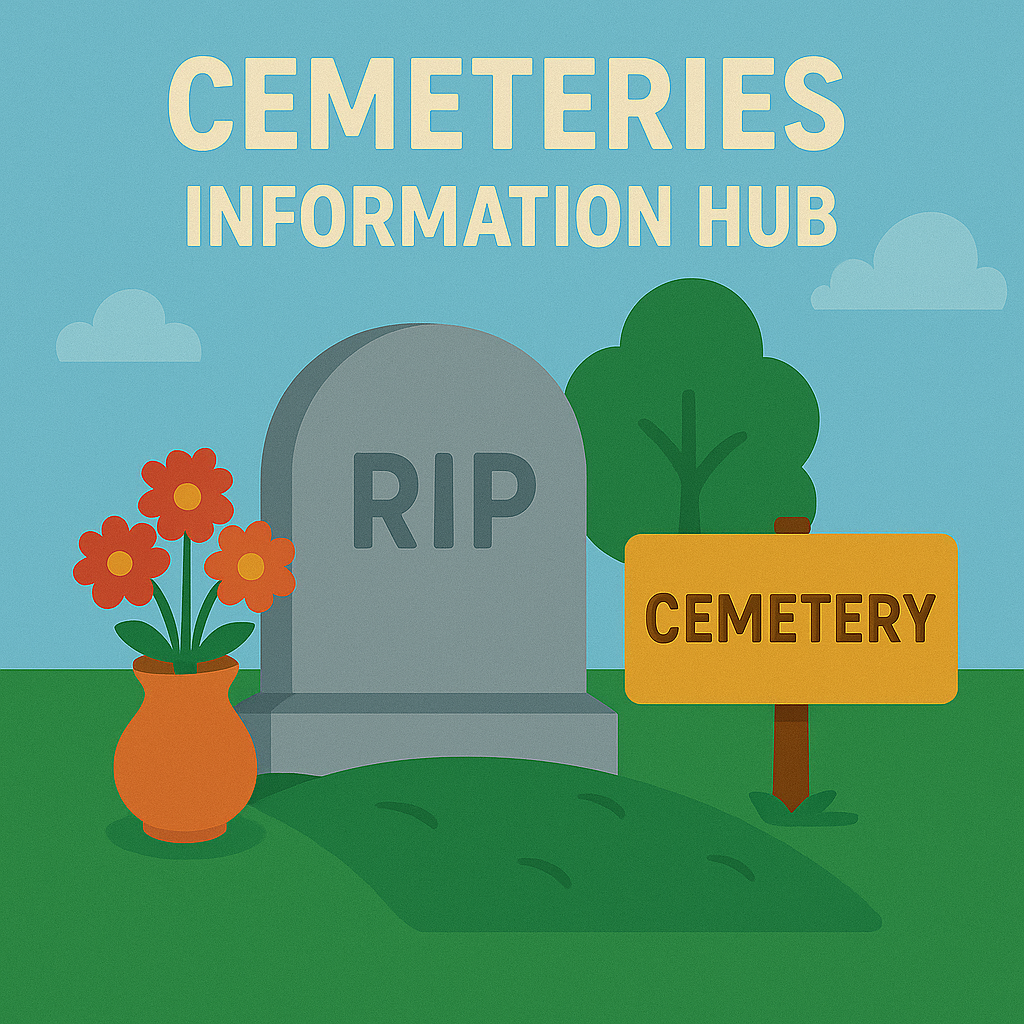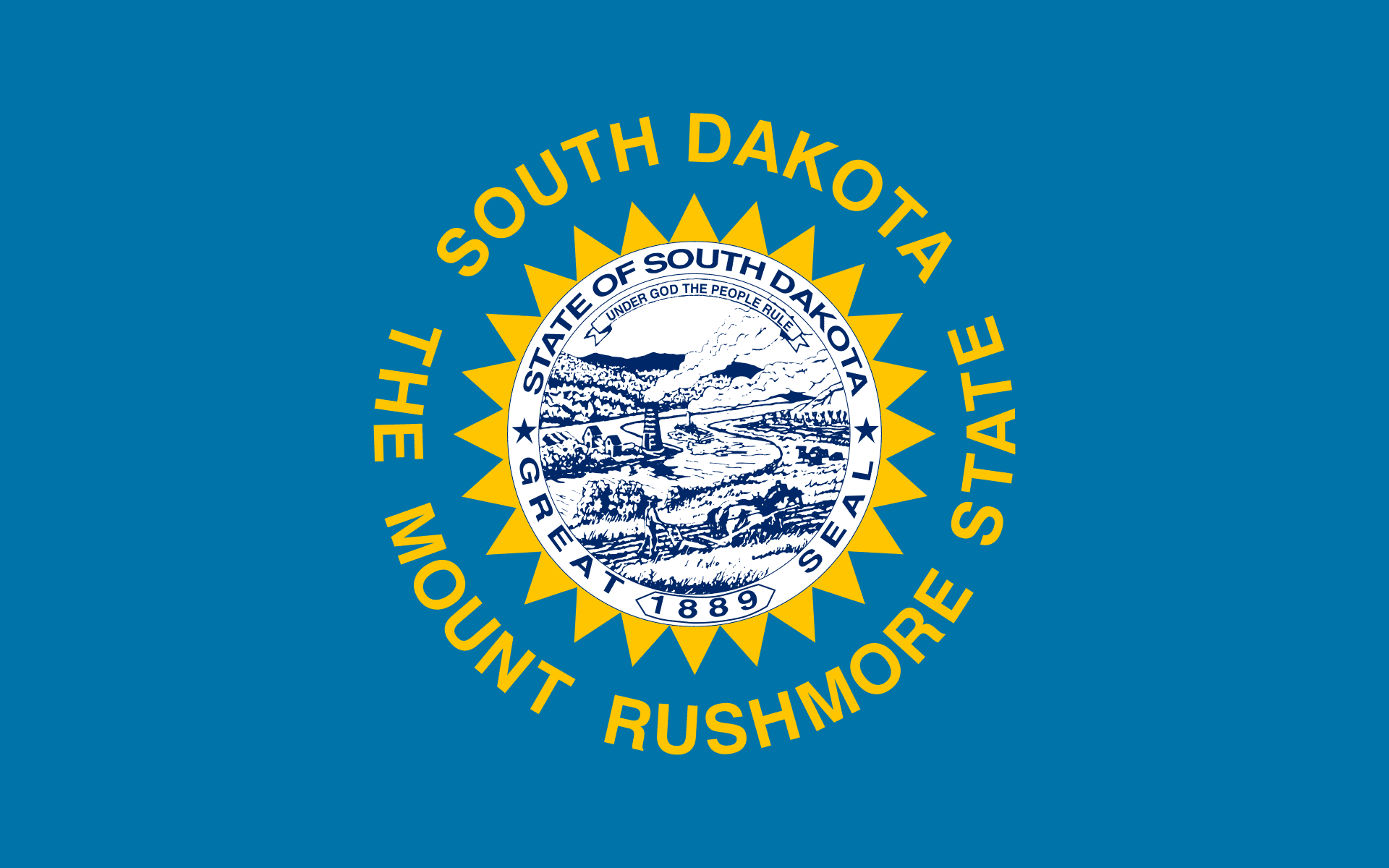Honoring Legacies with Care and Respect
The Cemeteries Hub
Cemeteries are more than final resting places, they are spaces to honor, remember, and celebrate loved ones. This hub offers guidance, resources, and information to help families navigate cemetery options, memorial planning, and ongoing care for gravesites.

Key Things To Know
Cemeteries are more than final resting places. They are regulated spaces with specific rules, costs, and traditions that families should understand before making any decisions.
- There are different types of cemeteries: Public, private, religious, municipal, military, and green cemeteries each have their own eligibility requirements, customs, and levels of accessibility.
- Buying a plot does not mean owning land: You are purchasing the right to be buried in that space, which comes with rules about how it can be used and what is allowed.
- Cemetery pricing is often layered: The cost of a burial plot usually does not include opening and closing the grave, a headstone or marker, perpetual care, or other burial-related services.
- Perpetual care is not always guaranteed: Some cemeteries include long-term maintenance in the price, while others rely on families to handle or fund upkeep.
- There may be restrictions on headstones and decorations: Many cemeteries have rules about the size, material, and appearance of markers, as well as what can be left at the gravesite.
- Cemeteries may have space limitations: In some urban or historic cemeteries, space is limited or completely sold out. Planning ahead gives you more options.
- Natural or green burial grounds have different rules: These cemeteries often avoid embalming and traditional vaults, and they focus on environmentally friendly practices.
- Some cemeteries offer burial options for cremated remains: This might include burying ashes in a plot, placing them in a columbarium, or using a scattering garden.
- Access and location matter more than you think: A site that is convenient for your family to visit and maintain can make a lasting difference over time.
- Legal and cultural considerations may apply: Religious customs, state regulations, and family traditions can all shape cemetery choices and should be factored into your planning.
Resources
Find tools and links to support your cemetery planning and decision-making.
Articles
Frequently Asked Questions About Cemeteries
Disclaimer: The information provided on this website and by Buried in Work is for general informational purposes only and should not be considered legal advice. Please consult with a qualified attorney or subject matter expert for advice specific to your situation.



